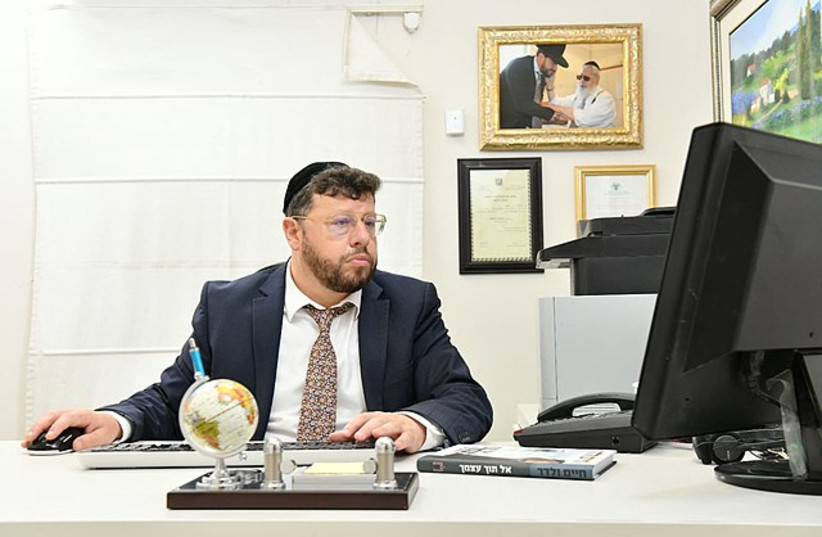December saw a whirlwind of alleged sexual assault, abuse and fallout.
The “prison pimping” affair, as it is now known, took Israel by storm. The report of guards pimping out female soldiers who served in Gilboa Prison to Palestinian security detainees initially came out in 2018 but was closed with barely an investigation. It came back in November after the Gilboa Prison escape and its consequent investigation. The police have now opened a probe, and a number of female guards have already come forward.
A week into December, a student accused of raping multiple teens in a Tel Aviv high school was placed under house arrest. A gag order was imposed on the affair, but two of his victims shared their struggles on social media, saying their “abuser walks the halls of [their] school” and that they are constantly tormented by the experience.
Then there was Chaim Walder, the Israeli haredi (ultra-Orthodox) author of children’s books who was recently accused by dozens of young women of sexual abuse. Back in November, Haaretz published its now-famous expose, revealing that Walder had allegedly raped minors and young adults, all of whom he met in his line of work as a therapist and children’s author.
A total of 22 people have since come forward to testify before a beit din (rabbinical court) about the sexual-assault allegations. On December 27, he was found dead near his son’s grave in a suspected suicide.

The Walder case was reminiscent of another recent suicide attempt in the haredi sector, that of Yehuda Meshi-Zahav, the founder of Zaka, who tried to kill himself after he came under media scrutiny for allegedly raping young boys and girls over a period of decades. Meshi-Zahav allegedly used tactics of fear and intimidation to silence his victims.
Last March, a police investigation was officially launched, after an initial report opened a floodgate of abuse accusations against him from men, women and teenage boys and girls of all ages.
And then there was the case of Tzipi Dinar, a prominent teacher from Nofei Ayalon who Yediot Aharonot revealed last week sexually assaulted students at the religious girls’ Sha’alvim Ulpana (high school). Dinar would allegedly attack her victims in bed, in her car and on class trips.
What we are seeing in Israel is a wave of sexual assault within every corner of society, no matter the religion or the level of observance. It allegedly happens within the haredi sector (Walder and Meshi-Zahav), within the national-religious sector (Dinar) and within the secular sector (Tel Aviv high school).
Something bad is happening in Israel, and it needs to be confronted. On the one hand, we need better sex education in our schools. Children need to be taught what is right and what is wrong, and educators need to put in place stronger safeguards to prevent attacks.
But that is not enough. We also need public officials to stand with victims and not follow in the footsteps of Ashkenazi Chief Rabbi David Lau, who refused to apologize for going to the Walder family for the shiva mourning period and instead said the women who were allegedly assaulted had a responsibility to come forward and report the alleged crimes to the authorities.
Social media blew up in response to the statement, with people saying Lau was shifting responsibility and blaming the victims when they were in a sensitive and traumatized state.
On Sunday, Lau issued a clarification, saying everyone must stand with the victims and that he, personally, believes them. He added that no sexual harassment or assault allegation may be ignored.
The clarification was nice, but it was too late. Lau showed his true face, and that is one of a rabbi who first sides with the attacker and only then – after coming under public criticism – with the victims.
How can we expect women to come forward and file police complaints when people in power like Lau refuse to automatically stand with them?
And that is the problem. Education is key, but it is not enough. Victims need to feel support. Lau has shown them the opposite.
